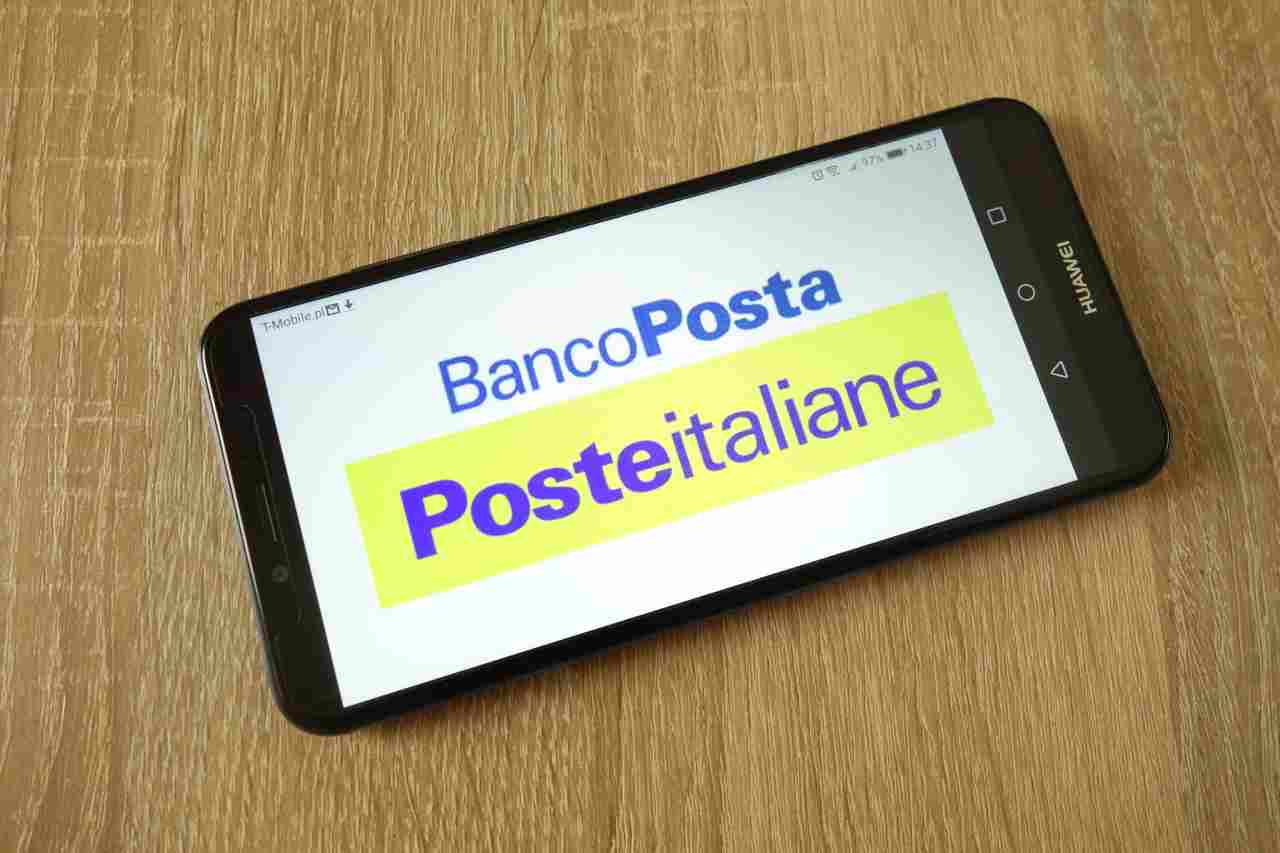A disturbing message has arrived on many smartphones warning Poste Italiane customers about an anomaly in their account, a pity that, in an attempt to fix everything, all savings could be lost.
Messages of this kind are arriving en masse to many Italians, regardless of whether you have a savings book, a debit card or a BancoPosta account. However, phishing attempts like these have the sole purpose of robbing the victim.
What the Poste Italiane message says
The services offered by the Post Office are no longer linked only to the delivery of correspondence, in fact now you can open current accounts in which to deposit your savings, you can activate PostePay with which to make payments, but also interest-bearing bonds and even insurance.
The popularity of these services creates fertile ground for scammers who, by creating special messages, e-mails and communications, convince people to provide their sensitive data, even managing to access the victims’ money.
Messages arriving from fake numbers associated with Poste Italiane in fact warn customers en masse about some anomalies on current accounts and invite them to check the situation through a link that acts as a bait to recover all access data.
Users, trusting the sender, can in fact carelessly enter their credentials which will then go into the hands of hackers, ready to make transfers, purchases or illegal movements that will allow them to obtain all the money contained in the accounts or cards.

How to defend yourself against phishing
Knowing how these types of messages work can go a long way in preventing damage. Here are the main things to know:
- never trust a message even if the sender appears to be associated with a well-known company, institution or corporation
- you should always check the grammar in the email or message, as often these types of communication are translated from other languages
- never download attachments or visit links in these communications, as they often lead to the download of viruses or lead to counterfeit pages
In the event that there are doubts regarding what is written in the messages, you can always contact the real sender, asking for further information on the truthfulness of the communication, in this way you will be able to have security on the status of your accounts, shipments or documents.
By following these guidelines, it will be much more difficult to fall victim to the bad guys who use phishing as a method of scam.


